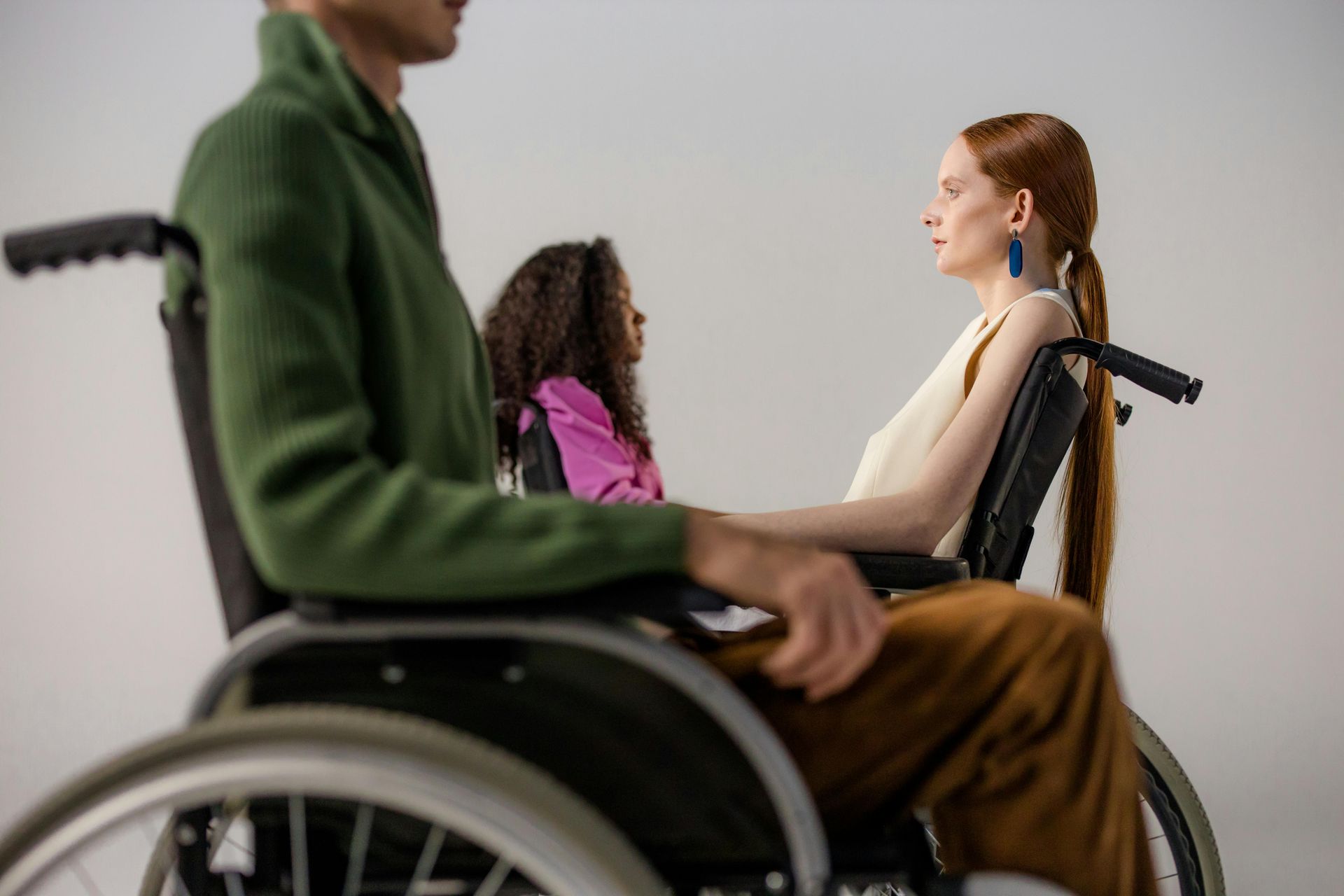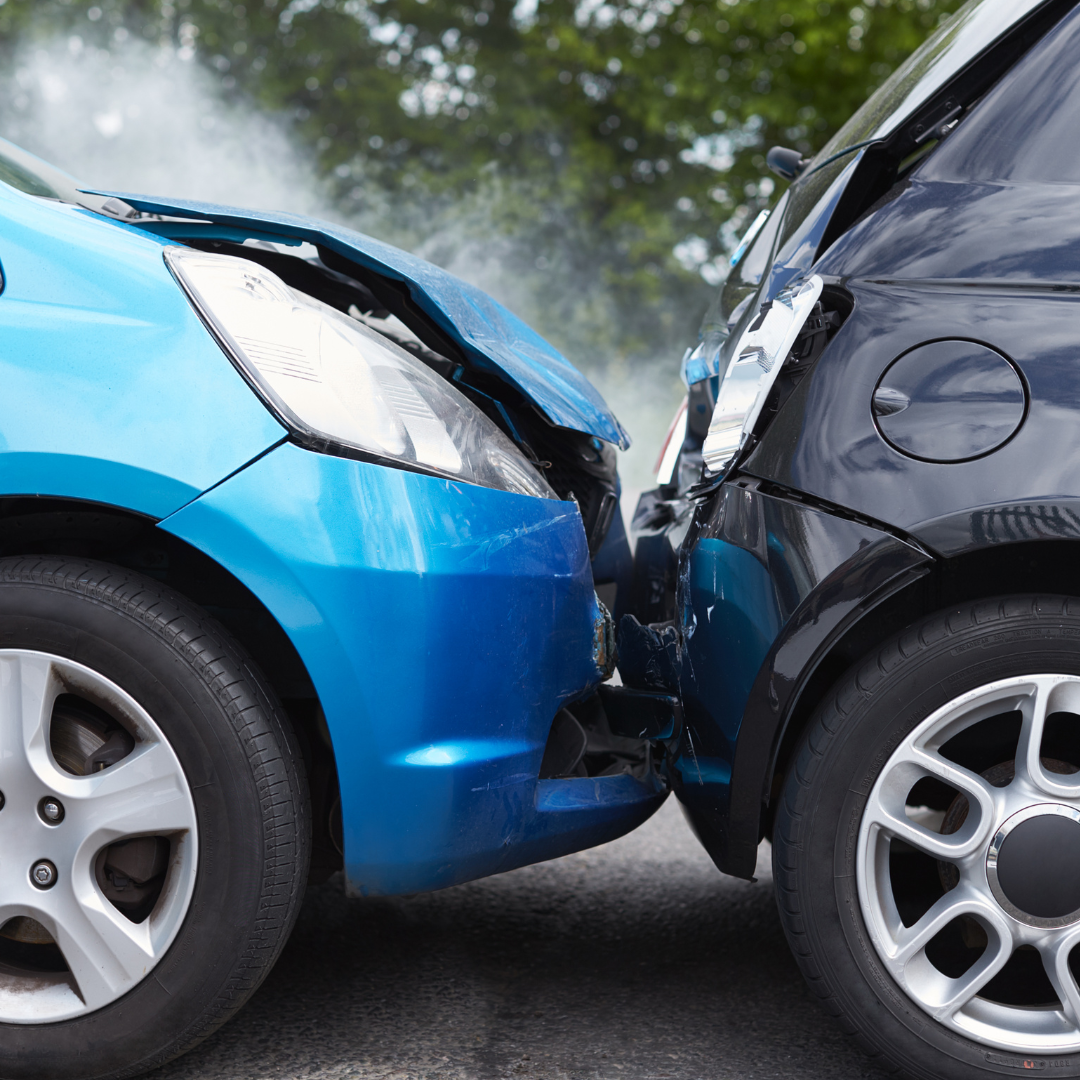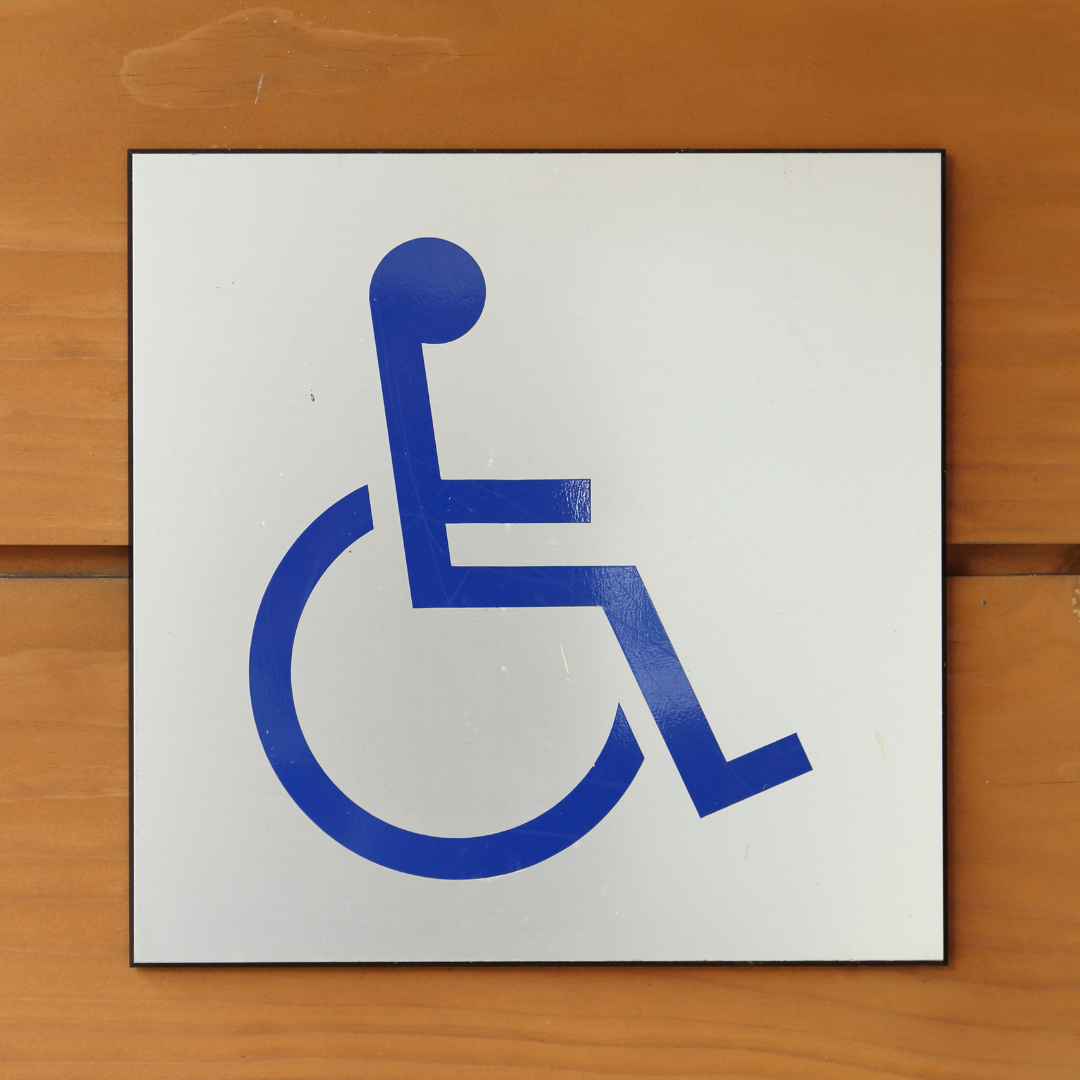September 5, 2025
When a serious illness or injury prevents you from working, the financial uncertainty can be just as debilitating as the medical condition itself. In the Greater Toronto Area, two primary systems exist to provide income replacement for disabled individuals: Long-Term Disability (LTD) insurance and Workers' Compensation, administered by the Workplace Safety and Insurance Board (WSIB). While both are designed to help you, they are fundamentally different in their purpose, eligibility, and the claims process. At Benjamin Law Firm, we have a deep understanding of these complex systems. As some of the Greater Toronto Area's Top Personal Injury, Car Accident, Long-Term Disability and Employment Lawyers, we have helped over 3,500 families navigate their claims and have recovered over $60 Million in settlements. Our goal is to provide clear, actionable guidance to ensure you get the financial support you need. This guide will clarify the key distinctions between LTD and Workers' Compensation so you can make an informed decision about your legal rights. Understanding the Core Purpose The most significant difference between LTD and Workers' Compensation lies in the cause of the disability. Workers' Compensation (WSIB) The Workplace Safety and Insurance Board (WSIB) is a government agency that provides a "no-fault" insurance system for workers in Ontario. Its sole purpose is to provide benefits and services to workers who have suffered an injury or illness that is a direct result of their work . This is a crucial point: if your injury happened at home, during your commute, or on vacation, you are not eligible for WSIB benefits. The system is funded entirely by employer premiums and is designed to provide timely access to benefits for medical care, wage replacement, and return-to-work support without the need for a lawsuit against the employer. Long-Term Disability (LTD) Insurance LTD is a form of private insurance, often provided as part of an employee's group benefits package or purchased individually. It is designed to provide a financial safety net when a medical condition prevents you from working, regardless of how or where the condition was incurred . This means a disability from a chronic illness (like MS or Crohn's disease), a non-work-related car accident, or a fall at home would all be eligible for an LTD claim, as long as the disability meets the policy's definition. Eligibility and the Claims Process The cause of the disability dictates which system you should apply to, and the application process for each is distinct. WSIB Claims Process To be eligible for WSIB benefits, you must demonstrate that your injury or illness is work-related. The process is straightforward: Report the Injury: You must report the incident to your employer immediately. Seek Medical Attention: See a healthcare provider who can diagnose your condition and confirm that it is work-related. File a Claim: You, your employer, and your healthcare provider must all submit specific forms to the WSIB within a certain timeframe. The WSIB will then adjudicate the claim. Because it is a no-fault system, you do not need to prove negligence on the part of your employer. The focus is simply on whether the injury arose "out of and in the course of" your employment. LTD Claims Process The LTD claims process is more complex and requires you to meet the specific definition of "disability" outlined in your insurance policy. This definition typically has two stages: "Own Occupation" (Years 1-2): For the first two years of a claim, you must prove that your disability prevents you from performing the essential duties of your own specific job. "Any Occupation" (After 2 years): After two years, the definition of disability changes. You must then prove that you are unable to perform the duties of any occupation for which you are reasonably suited by education, training, or experience. The LTD application requires detailed forms and comprehensive medical evidence from your treating physicians. It is not uncommon for insurance companies to deny LTD claims, often citing a lack of objective medical evidence or a failure to meet the policy's definition of disability. Differences in Benefits and Limitations The benefits provided by each system and their limitations also vary significantly. WSIB Benefits Primary Coverage: WSIB benefits primarily cover loss of earnings and medical expenses directly related to the workplace injury or illness. Benefit Amount: They typically provide a higher percentage of your pre-injury income (up to 85% of your net average earnings). Medical Care: WSIB pays for medical treatment, prescriptions, and rehabilitation services for the work-related condition. No Lawsuits: By accepting WSIB benefits, you generally give up your right to sue your employer for the work-related injury. This is the cornerstone of the no-fault system. LTD Benefits Primary Coverage: LTD benefits are solely for income replacement, typically paying a lower percentage of your income (often 60% to 70%). Medical Care: LTD policies do not cover medical expenses. These are covered by your private or provincial health insurance (OHIP). Duration: Benefits can last for a fixed period (e.g., 2, 5, or 10 years) or until age 65, depending on the policy. Private Negotiation: You retain the right to sue the insurance company if your claim is wrongfully denied. Can You Receive Both? The "Offset" Clause This is a critical point of confusion for many. In a situation where a disability is caused by a workplace incident, you may be eligible to apply for both LTD and WSIB benefits. Most LTD policies contain an "offset" clause, which means that any money you receive from WSIB will be deducted from your LTD payments. In practice, this means your LTD insurer will likely reduce your monthly benefit payment by the exact amount you receive from the WSIB to prevent "double-dipping." In many cases, WSIB benefits are higher than LTD benefits, which could result in your LTD benefit being reduced to zero while you receive WSIB payments. However, you should still apply for both if eligible. Here’s why: WSIB Denial: If your WSIB claim is denied, you still have the LTD claim as a backup. Benefit Duration: WSIB benefits may not last as long as your LTD benefits. If WSIB benefits are cut off or reduced, your LTD benefits can "top up" to the full amount. Legal Protection: Your LTD policy may have a requirement that you apply for all other available benefits, including WSIB. Failure to do so could lead to a denial of your LTD claim. The Role of an Experienced Lawyer Navigating the intricacies of both WSIB and LTD systems can be overwhelming. The definitions are complex, the paperwork is extensive, and the stakes are high. An experienced lawyer can be invaluable in this process. WSIB Appeals: If your WSIB claim is denied, you have a right to appeal the decision. This is a complex process that requires an understanding of WSIB's policies and procedures. LTD Claim Denials: If your LTD claim is denied, a lawyer can assess the denial letter, gather the necessary evidence, and file a lawsuit against the insurer to fight for your rightful benefits. Coordinating Your Claims: A lawyer can help you coordinate your WSIB and LTD claims to ensure you are meeting all policy requirements and maximizing your benefits without jeopardizing either claim. Conclusion While both Long-Term Disability insurance and Workers' Compensation are essential safety nets for individuals unable to work due to a medical condition, they serve different purposes. WSIB is for work-related injuries and illnesses, while LTD covers a broader range of disabilities regardless of cause. Understanding these distinctions is crucial for anyone facing a period of disability in the Greater Toronto Area. If you are dealing with a disabling condition and are unsure which path to take, or if your claim has been denied, don't face the complex legal systems alone. Benjamin Law Firm has some of the Greater Toronto Area's Top Personal Injury, Car Accident, Long-Term Disability and Employment Lawyers. We have helped over 3,500 families and recovered over $60 Million in settlements. We are here to help you get the justice and compensation you deserve. Contact us today for a free consultation. Disclaimer: This blog post contains general information only and does not constitute legal advice or create a lawyer-client relationship. Long-Term Disability claims are complex and fact-specific. Laws and insurance policies vary. You should consult with a qualified Long-Term Disability lawyer licensed in your jurisdiction regarding your specific situation. Contact Benjamin Law Firm for personalized legal counsel tailored to your needs in the Greater Toronto Area.











